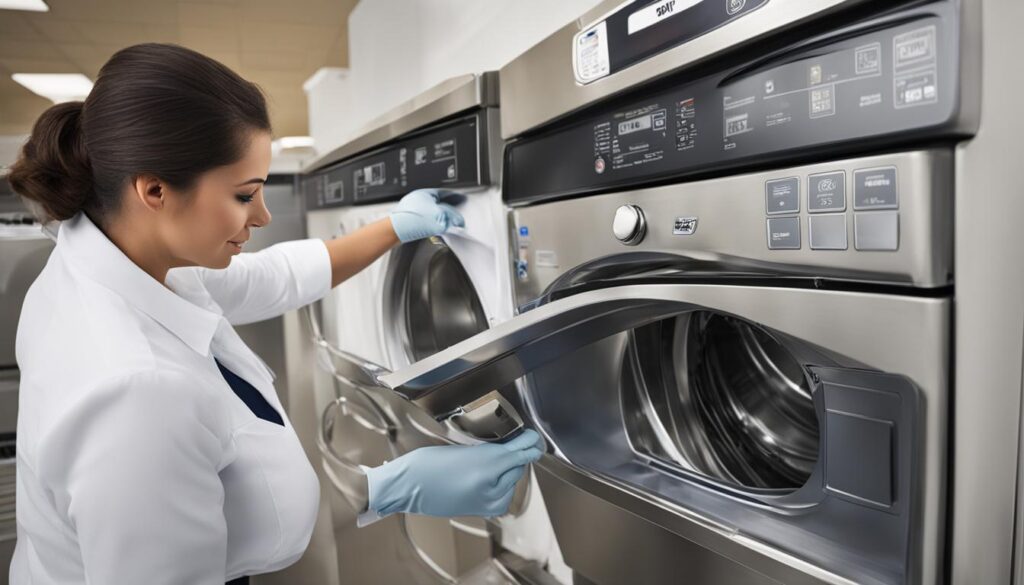How to Safely and Legally Buy Freon for Your Home AC Unit: Step-by-Step Guidance
Understanding Freon and Its Role in Home Air Conditioning
Freon, a common term for certain types of refrigerant, is essential for the cooling function in home air conditioning (AC) units. It circulates through the system, absorbing and releasing heat to maintain a comfortable indoor environment. Over time, due to leaks or system faults, refrigerant levels can drop, resulting in reduced cooling performance. However, it’s important to note that home AC systems are designed as sealed units and typically do not require recharging unless a leak is present . If your system is low on refrigerant, it is likely due to a leak that needs to be identified and repaired before adding more Freon [4] .
Legal and Safety Requirements for Buying Freon
Purchasing refrigerant for home AC units in the United States is strictly regulated. The Environmental Protection Agency (EPA) requires that anyone buying or handling many types of refrigerants (including popular types like R-22 and R-410A) must have a valid EPA Section 608 Technician Certification . This law is in place to ensure safe handling and minimize environmental harm. When purchasing refrigerant online or in-store, you will often be asked to provide proof of certification. Some online retailers may only require you to acknowledge that you have the certification before completing your purchase, but you are legally responsible for compliance [4] [2] .

Source: homelyville.com
Where Can You Buy Freon for Home AC Units?
Because of strict regulations, Freon is not available at typical home improvement retailers like Home Depot or Lowe’s for direct consumer purchase . These retailers do sell AC units and offer repair services, but do not sell refrigerant over the counter to unlicensed individuals [3] . Instead, there are two main pathways for obtaining refrigerant for your home AC:

Source: acehomeco.com
1. Purchase Through Certified Online Distributors
Some online distributors specialize in refrigerant sales and may allow you to purchase various types of refrigerant (including R-22, R-410A, 454B, and R-32) if you acknowledge your EPA certification at checkout. One such website, Ability Refrigerants ( abilityrefrigerants.com ), is cited in expert guides and instructional videos as a source for refrigerant products. They offer different sizes, typically starting from 2 lb tanks, and ship directly to your door. Remember, you must legally possess EPA 608 certification, and you are required to acknowledge this during the purchase process [2] .
When purchasing online, always:
- Confirm the site’s legitimacy and check for customer reviews
- Ensure the refrigerant type matches your AC unit specifications
- Be prepared to provide or attest to EPA certification
2. Hire a Licensed HVAC Professional
Given the legal and safety requirements, the most straightforward and compliant method is to contact a licensed HVAC contractor . Certified professionals can:
- Diagnose and repair leaks in your system
- Properly recharge your unit with the correct refrigerant
- Ensure your system is running safely and efficiently
This approach eliminates legal risks, ensures correct handling, and often saves money long-term by addressing underlying issues rather than just topping off refrigerant. You can find certified contractors by searching through local business directories, HVAC professional associations, or by asking for referrals from friends and neighbors. Major home improvement retailers like Home Depot and Lowe’s offer HVAC installation and repair services; you can schedule consultations by visiting their official websites or calling their customer service lines [5] [3] .
Average Costs and Considerations
The price of refrigerant can vary depending on the type and your location. According to industry sources, the average retail price is approximately $67 per pound , and most home systems require up to 10 pounds for a full recharge. This means the total cost for refrigerant alone could reach up to $670, excluding labor and any necessary leak repairs. If additional repairs are required to fix leaks or replace components, costs may increase accordingly [4] .
In many cases, homeowners find it more economical and safer to invest in professional repairs or even replacement of an aging AC unit, especially if the system is older or requires frequent recharging. Modern units are often more energy efficient and environmentally friendly.
Step-by-Step Guidance for Homeowners
- Identify Signs of Low Refrigerant Common symptoms include weak cooling, longer run times, or visible frost on AC pipes. However, these signs can also indicate other issues. Always confirm with a professional diagnosis.
- Check Your Warranty and Service Agreements Some home warranty plans cover AC repairs and refrigerant recharging. Review your documents or contact your provider for details.
- Consult a Licensed Contractor If you suspect a refrigerant leak, contact an EPA-certified HVAC technician. They can assess your system, repair leaks, and recharge the unit as needed.
- If You are Certified and Choose to Buy Directly Visit reputable websites such as abilityrefrigerants.com to find the specific refrigerant required for your unit. Ensure you have the required EPA certification and follow all legal procedures.
- Compare Costs and Consider Replacement If your system requires frequent recharging, it may be more cost-effective to replace it with a modern, efficient unit. Consult with contractors for estimates and options.
Potential Challenges and Solutions
Many homeowners are surprised by the legal restrictions and costs associated with buying Freon. Attempting to purchase or handle refrigerant without proper certification is illegal and can result in penalties. Furthermore, adding refrigerant to a system with an unresolved leak is a temporary fix and can lead to more severe issues. To avoid these pitfalls:
- Always hire a certified professional unless you are qualified
- Invest in regular maintenance to prevent leaks
- Consider replacing outdated systems for better efficiency and compliance with environmental regulations
Alternative Approaches and Additional Resources
If you are unable to purchase Freon directly, or want to explore other options, consider:
- Upgrading to Newer AC Units: Modern systems use environmentally safer refrigerants and offer improved efficiency. Retailers like Best Buy , Home Depot, and Lowe’s provide a range of options and installation services [1] .
- Home Warranty Coverage: Some plans help offset repair or replacement costs. Contact your provider or search for reputable home warranty companies.
- Manufacturer Support: Reach out to your AC unit manufacturer for authorized service centers or recommended repair partners.
Key Takeaways
Purchasing Freon for a home AC unit is highly regulated and generally restricted to certified professionals. The safest and most effective approach is to hire a licensed HVAC technician to assess, repair, and recharge your system. For those with the required EPA certification, select online distributors offer refrigerant with proper verification. Always prioritize safety, legal compliance, and long-term solutions over temporary fixes.
References
- [1] Best Buy (2025). Air Conditioners: AC Units.
- [2] DIY HVAC Guy (2025). You Can Recharge Your Home A/C Like A Car?
- [3] Lowe’s (2025). Residential Central Air Conditioners.
- [4] American Home Shield (2024). Recharge Your Home AC: Costs & DIY Guide.
- [5] Home Depot (2025). Heating and Air Conditioning Installation.
MORE FROM hotondeals.com













